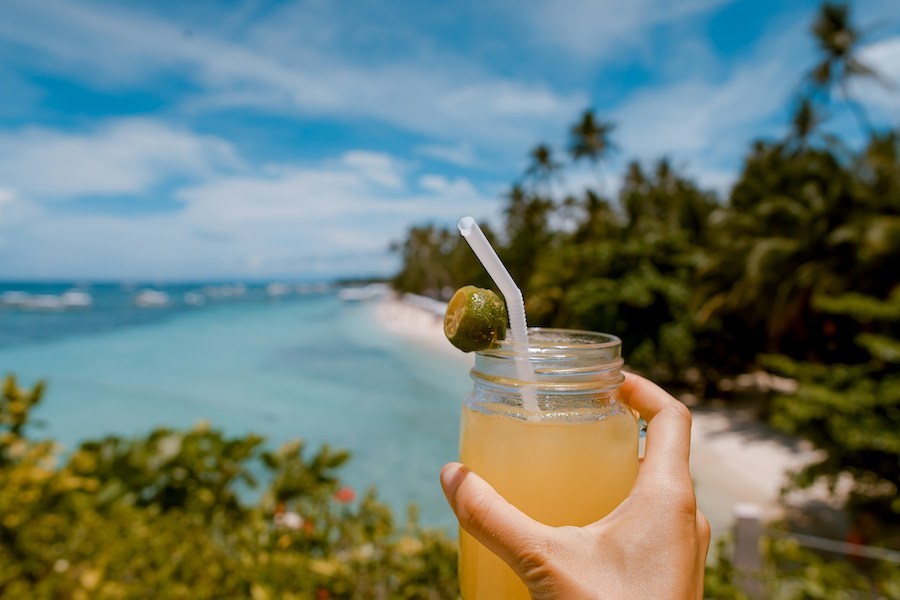Traveling is a wonderful experience that allows us to explore new cultures, try new foods, and create lasting memories. However, one of the downsides of indulging in local cuisine is the risk of food poisoning. FoodReady has compiled a list of tips to help you avoid getting sick while traveling so that you can enjoy a worry-free trip.
First and foremost, handwashing is crucial in preventing foodborne illnesses. Always wash your hands with soap and water before eating, following the recommended guidelines from the Centers for Disease Control and Prevention. If soap and water are not available, use a hand sanitizer with at least 60% alcohol to disinfect your hands.
When it comes to beverages, be cautious about consuming ice in places with unsafe water. Tap water can be contaminated with harmful substances, so it’s best to avoid iced drinks that may contain ice cubes made from tap water. Instead, opt for bottled water or use filtered water to make your own ice cubes.
Limiting your consumption of raw food is another important tip for avoiding food poisoning while traveling. Raw or undercooked food can harbor harmful pathogens like salmonella or E. coli, so it’s best to stick to cooked foods to reduce the risk of getting sick. If you do choose to indulge in raw food, make sure it comes from a reputable source and is handled properly.
Traveler’s diarrhea is a common travel-related illness that can put a damper on your vacation. Packing loperamide, a medication that helps treat diarrhea by slowing down intestinal movement, can provide relief if you do fall ill. It’s always a good idea to have this medication on hand in case of emergencies.
When enjoying picnics or buffet spreads, remember the two-hour rule. Perishable foods like meat, dairy, cut fruit, and seafood should not be left out for more than two hours, especially in hot weather. If the temperature is above 90 F, food should be discarded within one hour to prevent foodborne illnesses.
Dairy products can also pose a risk of food poisoning if not handled properly. Check the expiry date on dairy products and opt for pasteurized varieties in sealed packages to reduce the risk of contamination. Ice cream, in particular, can be a culprit for foodborne illnesses if it has been contaminated or refrozen, so be cautious when consuming frozen treats.
Lastly, ensure that the water you drink is clean and safe. Disinfect tap water by boiling, filtering, or chemically treating it before consuming. Boiling water is the most effective method for killing harmful bacteria, viruses, and parasites. If boiling is not an option, opt for bottled water from a reliable source to stay hydrated while traveling.
By following these tips and being mindful of what you eat and drink while traveling, you can reduce the risk of food poisoning and enjoy a worry-free vacation filled with delicious culinary experiences. Remember to prioritize your health and well-being so that you can make the most of your travels and create unforgettable memories.


